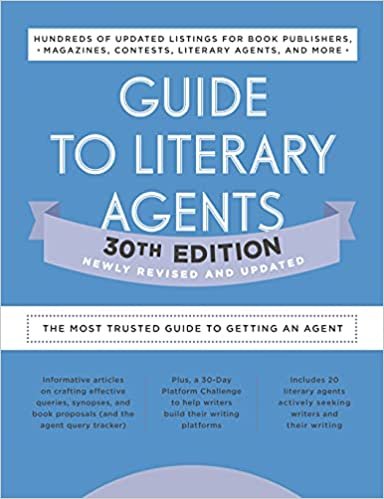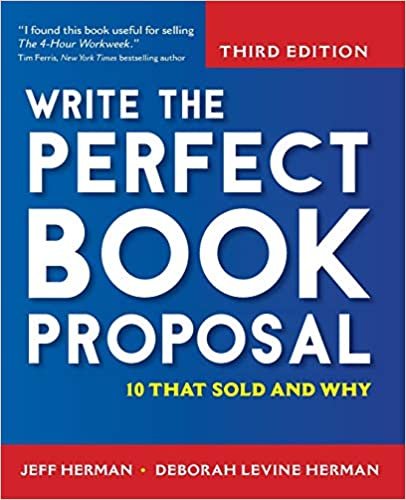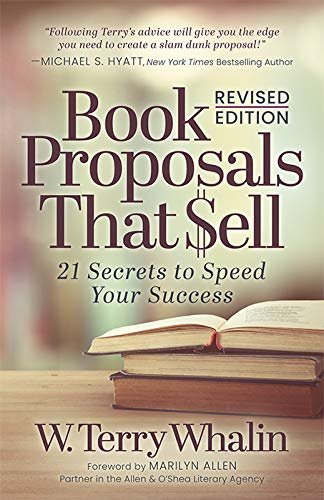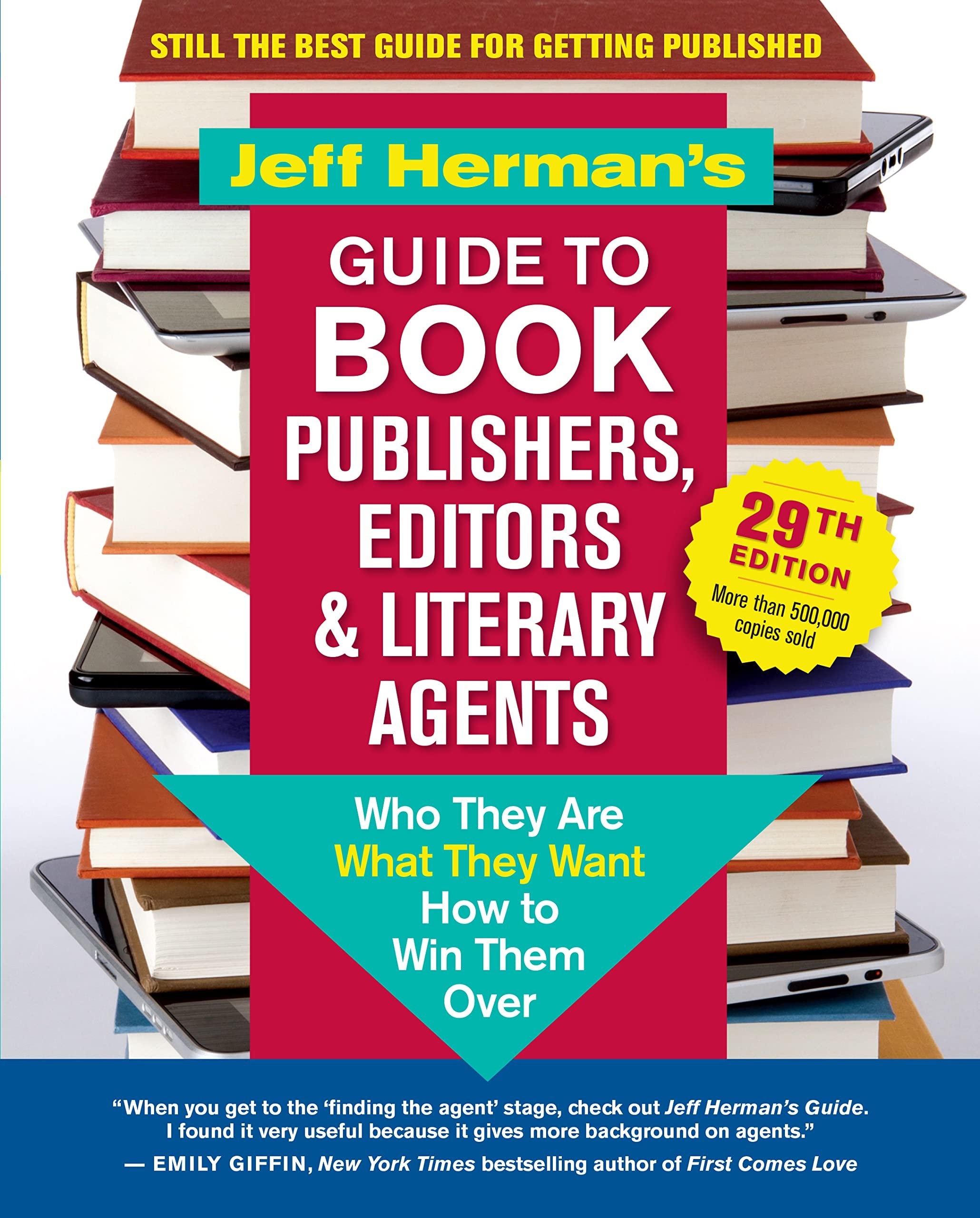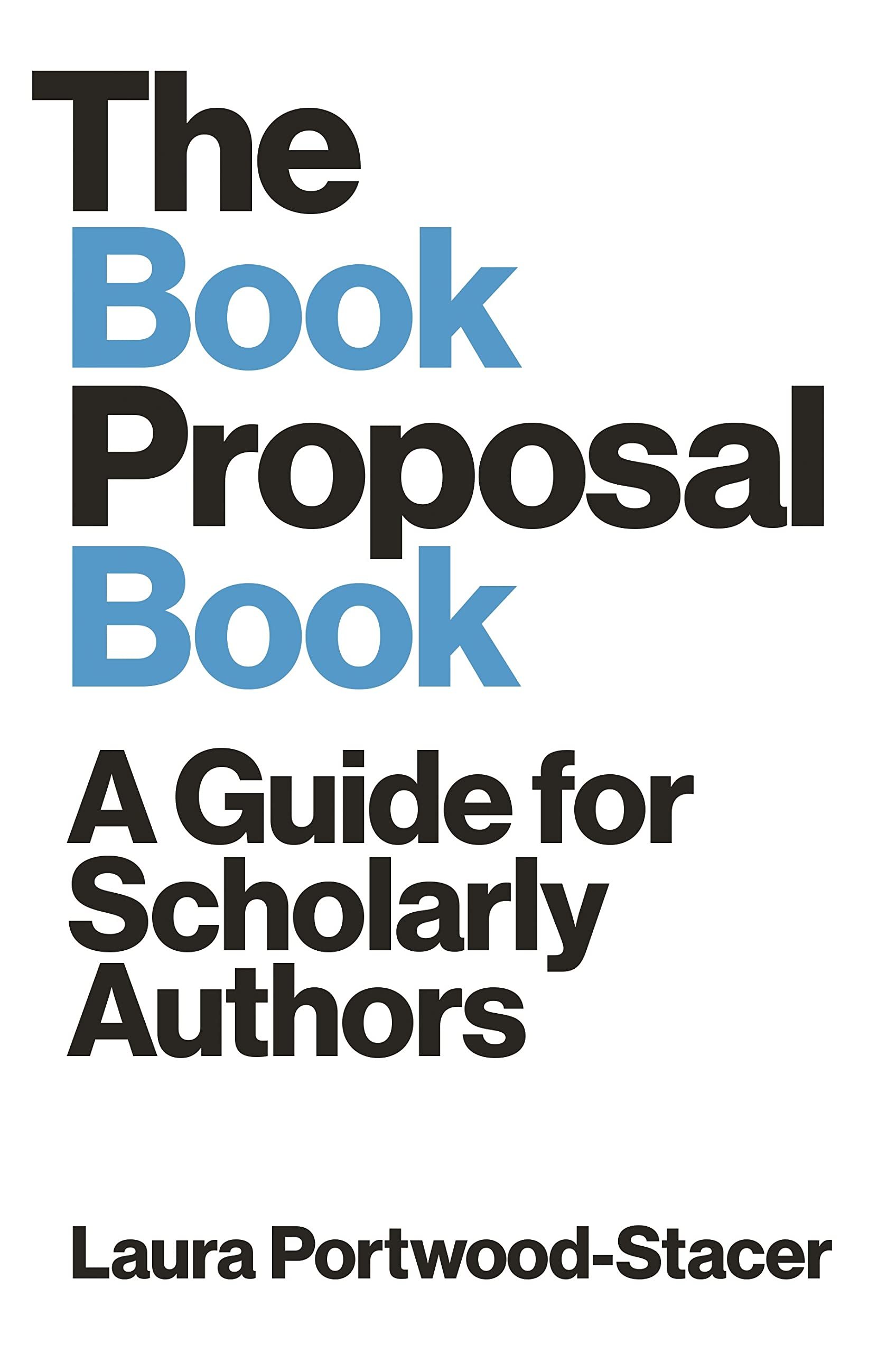The Best Books on Getting Published: Learn How to Score a Publishing Deal
A Robin Williams movie reference is coming later. . . .
But you landed here because you’re writing a book and you’re interested in getting a traditional publishing deal.
Whether you want a book deal with one of the “Big 5” publishing houses, a non-big 5 trade publisher, a small press, or a university press—it helps to know how the process works and what agents and editors are looking for.
I’ll be recommending some great books that will help you big time! Yes, the best books on getting published are shown below.
I’ve written other articles—on how to get a “Big 5” publishing deal, on what questions to ask literary agents, and on book proposal editing and coaching—that you might also be interested in. And there’s the List of Nonfiction Publishers (in the US) that’ll help you find your match.
In short, you don’t necessarily need an agent to be traditionally published.
The Big 5—in the US, Hachette Book Group, HarperCollins Publishers, Macmillan Publishers, Penguin Random House, and Simon & Schuster—require that authors have agents, and many other large publishers do, too.
Many other presses allow or even encourage authors to pitch their books directly.
Whether or not you use an agent, I’d like to recommend the best books on how to get a publishing deal.
These are the best books on how to get published and are worth having if you want to know how to write a query and proposal, what agents and editors are looking for, and what to expect when finding an agent and a publisher for your book.
Find a publisher for your book.
Get the full, up-to-date list of big 5, non-big 5 trade publishers, and other presses accepting unsolicited manuscripts.
If you’re looking for the best advice on how to find an agent or get published, these are the books I have read and still refer to from time to time. I trust the information they offer, and I recommend them to my nonfiction editing and book coaching clients.
As part of my nonfiction editing services,
I offer nonfiction book proposal editing for American nonfiction authors.
We can write and edit and sharpen your nonfiction book proposal and, for an additional fee, come up with a plan for where (or to whom) to pitch that book.
Reach out today to get started!
How to Get a Publishing Contract: A Brief Reminder
What you need: an agent (depending on the publisher) a query, a proposal, a manuscript (or at least some of it), patience, a large following or indicator of future sales, a clue.
With few exceptions, getting a publishing deal with a Big 5 imprint requires an author (through a literary agent) to submit a query and, if invited, a formal proposal and/or manuscript. Getting an agent typically requires a query and a proposal, as well.
Every bit of writing has to be excellent. Your manuscript has to be a good fit for that publisher. And it needs to be pitched at the right place and at the right time (which might be beyond your control or knowledge).
Not only that, but you often need a large following, credibility, and a solid plan for marketing the book.
Remember Mrs. Doubtfire? “Help is on the way, dear.”
While you can (and should) get one or more of those books I recommended,
You should also consider hiring an editor or author coach to advise you and get you ready to pitch your book or taking the Step-by-Step Traditional Publishing course.
It’s money well spent, especially for first-time authors or authors who’ve never traditionally published before!
As part of my nonfiction editing services,
I offer nonfiction book proposal editing for American nonfiction authors and book coaching services for traditional publishing.
Let’s sharpen your nonfiction book proposal and get you ready to pitch to agents and/or publishers!
See my other, related articles
“What Are the Big 5 Publishers and What Are the Keys to Getting a Big 5 Publishing Deal”
“Questions to Ask a Literary Agent before Signing a Contract”
“Read This If You’re Thinking about Publishing Your Book with a University Press”
“Developmental Editing for Nonfiction Books: A Guide for Authors”
Don’t forget to snag your copy of the best books on getting published.
Guide to Literary Agents 30th Edition: The Most Trusted Guide to Getting Published by Robert Lee Brewer
Write the Perfect Book Proposal: 10 That Sold and Why by Jeff Herman and Deborah Levine Herman
Jeff Herman’s Guide to Book Publishers, Editors, and Literary Agents, 29th Edition: Who They Are, What They Want, How to Win Them Over by Jeff Herman (An older 28th edition (2018) of the Jeff Herman guide has the same sound advice and how-tos, but its agent directory might be out of date.)
Book Proposals that Sell: 21 Secrets to Speed Your Success, revised edition (2021) by W. Terry Whalin
The Book Proposal Book: A Guide for Scholarly Authors by Laura Portwood-Stacer
Thanks for reading. I’m sending you good cheer as you publish your book!

